Ah, millennials. Golden children of the Digital Age or dysfunctional, over-educated slackers? Bit of both, says Anne Helen Petersen, although it might be more a case of an author who is unable to make up her mind. In the first part of Can’t Even: How Millennials Became the Burnout Generation, she recounts how many millennials – and she is one, although at 38 she is at the older end of the spectrum – have great difficulty in doing basic things, such as paying bills or finding a dentist. They seem to have a problem with the Post Office. In short, they have trouble ‘adulting’ and often seem to think they are still feckless teenagers.
Petersen has a lot of stories about this, including a few of her own experiences. Unfortunately, she never comes up with a convincing explanation for it. Instead, she points to the parents of millennials, who pushed them through over-scheduled childhoods and an endless search for credentials. The quest for certificates and pieces of official-looking paper had a point: it was so you could get into a better school, so you could get into a well-regarded college, so you could get a prestigious job.
As a result, says Petersen, millennials never learned how to do the mundane chores which are a necessary part of life but yield low returns. Well, maybe, although the connection seems a bit tenuous. But it starts the book off on a recurring pattern of finding someone to blame. Someone else. Anyone else.
This is interesting enough, in a self-indulgent sort of way. So it is a bit odd that Petersen veers off into an analysis of work, which takes up a large part of the book. The parents of millennials – invariably socially liberal, left-wing helicopters – told their children that just getting a job was not enough. It has to be well-paid employment that is socially meaningful and which connects to one’s passions. Oh, and it has to impress other people as well. And if you had to rack up a lot of student debt to get the right degree – well, someone else would pay for it, eventually. Wouldn’t they?
The problem was that as millennials were starting to enter the workforce, technology was evolving to re-define work as a 24/7 deal. Those oh-so-loving parents had failed to mention that you would have to work for a living and that it might not always be satisfying fun. The high-prestige jobs drew more competition, which meant you had to increase both your input and your output. At the same time, millennials have to keep up their Facebook page, their Instagram accounts, their Twitter feed. So many people that have to be impressed, so much to tell the world about – that is, about yourself.
Yes, it is the road to burnout: constant pressure, too much to do, too much to think about, never enough time. Far from being slackers, says Petersen, millennials are working constantly. If not working for the company, they are building their online profile or scouring the Net for the next, better opportunity. The to-do list, once a tool confined to the workplace, became a never-ending list of tasks that infected every aspect of life.
Blame techno-capitalism. Blame unscrupulous employers. Blame… oh, why not blame Trump? True, student debt and always-on work began well before he took office, but surely, says Petersen, he must have had something to do with it.
Petersen does not offer much in the way of answers to the questions she poses. Just the usual left-wing mush, really: nothing worth repeating here. This section is a bit cursory, in fact, as if she is just walking through the standard discussion points for the inevitable talk shows. She is more interested in pointing fingers. And avoiding the idea that those millennials who are facing stress-driven burnout made their own choices. It is because of our parents, Petersen says. They made us think this way. Their fault.
Here’s a news flash for millennials, Ms Petersen. The parents may have been pushy but your choices are your own. No one forced you to take on massive student debt – you did that. You do not have to be on social media all the time – that’s your decision. You can turn your phone off if you want, there is a little button that does it. And if you want a business card that impresses your friends – well, that’s on you. Here’s an idea: why not get an ordinary job that allows you to have a decent life? Just a thought.
It must be said that Petersen raises some interesting ideas, and she can turn a good phrase when she wants to. But there appears to be a lot of padding here, with anecdotes that do not lead anywhere and statistics that seem irrelevant to the argument. Perhaps this is to be expected, since the book began as a Buzzfeed essay (Petersen was a ‘senior culture writer’ with Buzzfeed, which explains a lot). A firm editorial hand might have helped, but millennials do not do that sort of thing.
There is also a sense of disconnection in the book. How did we get from the millennial generation having trouble mailing stuff to demands for taking workplaces back to the Good Old Days? Can’t Even is a bit of a mess, really. No doubt, millennials will love the idea that someone else is responsible for whatever troubles they have. The rest of us are unlikely to be so impressed. Our response is probably going to be: welcome to the real world, kid.
Got something to add? Join the discussion and comment below.
Get 10 issues for just $10
Subscribe to The Spectator Australia today for the next 10 magazine issues, plus full online access, for just $10.
Derek Parker is a freelance writer. He is not on Facebook. He does not have an Instagram account. He does not tweet.
You might disagree with half of it, but you’ll enjoy reading all of it. Try your first month for free, then just $2 a week for the remainder of your first year.

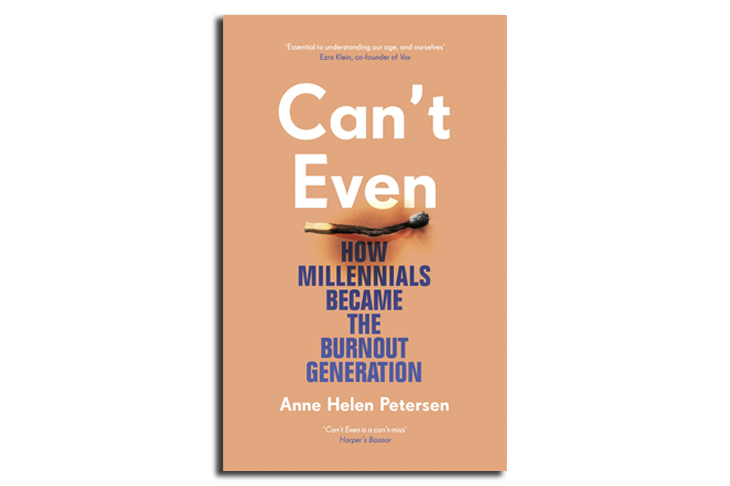
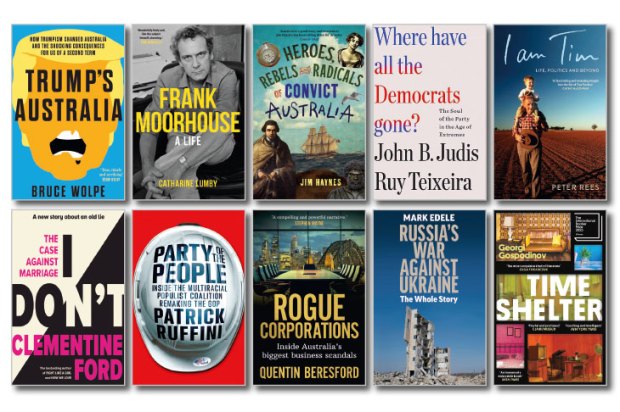
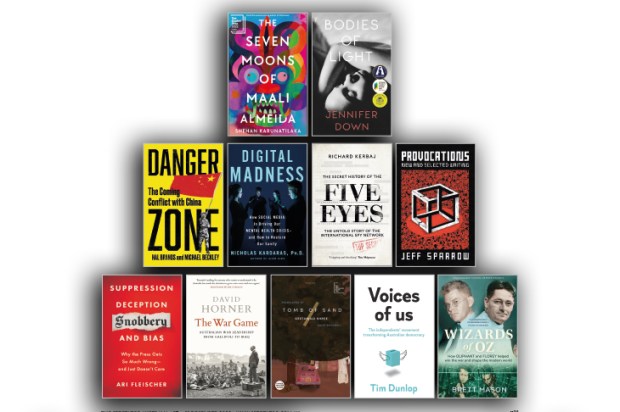
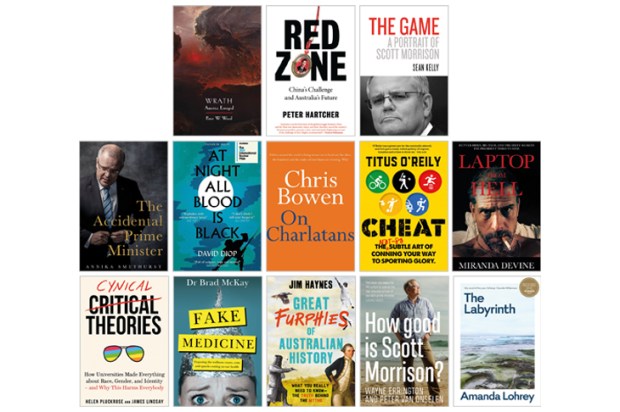
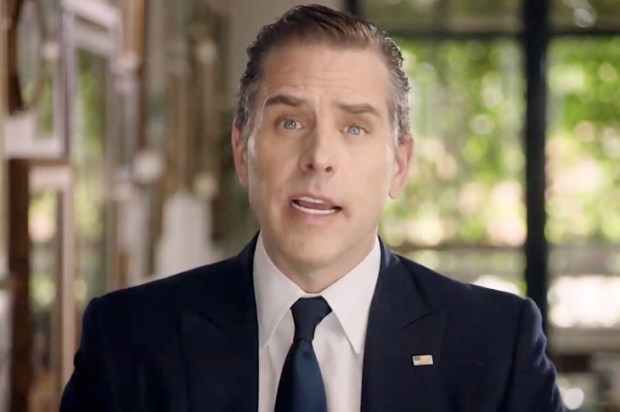
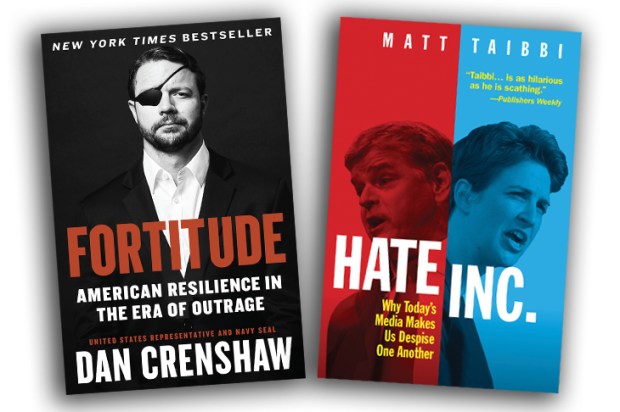
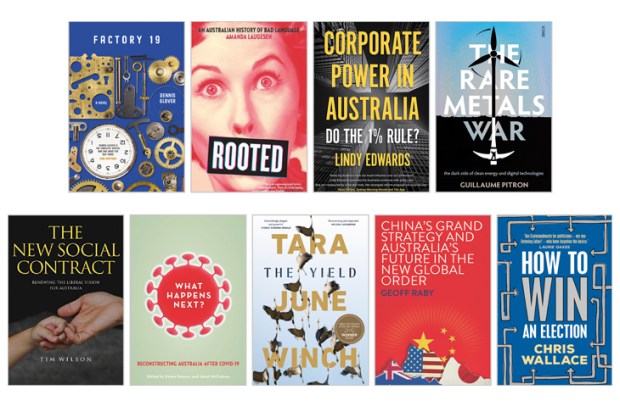






Comments
Don't miss out
Join the conversation with other Spectator Australia readers. Subscribe to leave a comment.
SUBSCRIBEAlready a subscriber? Log in